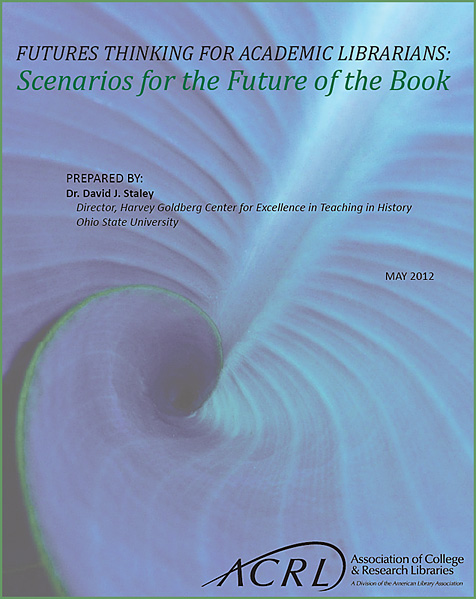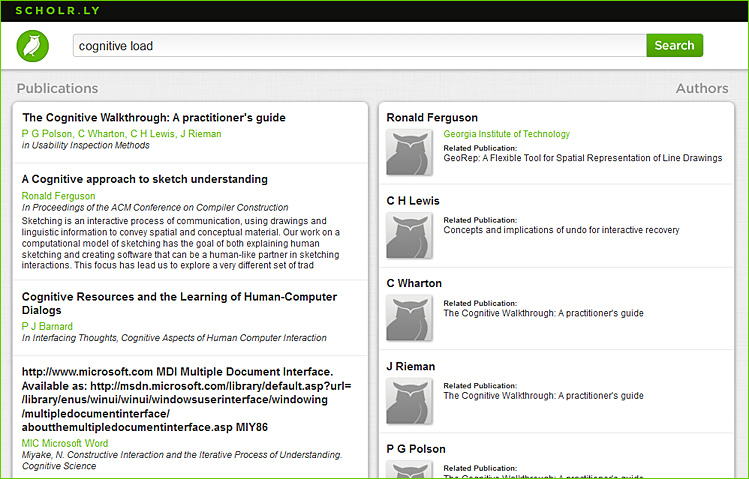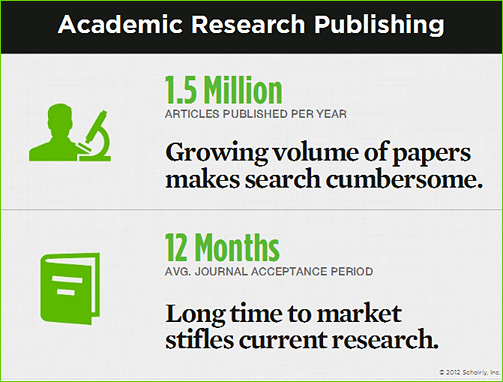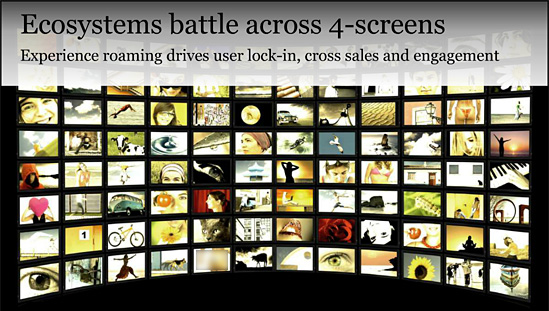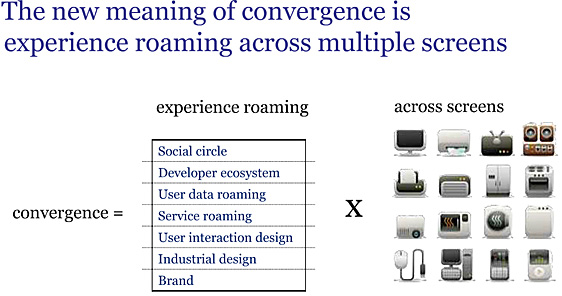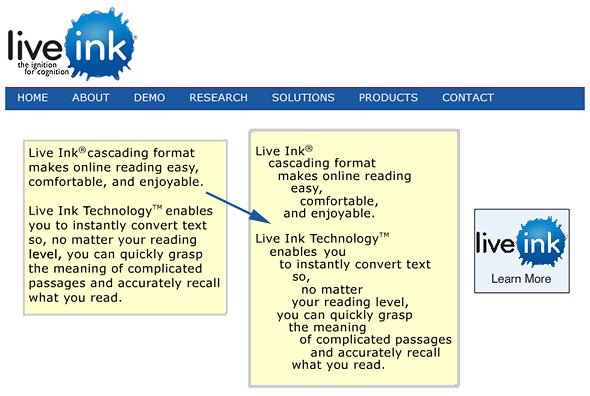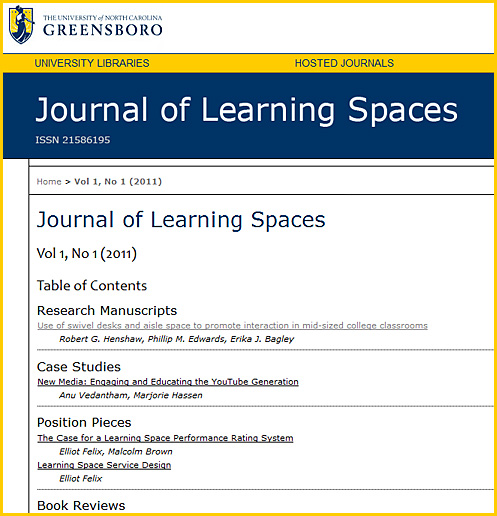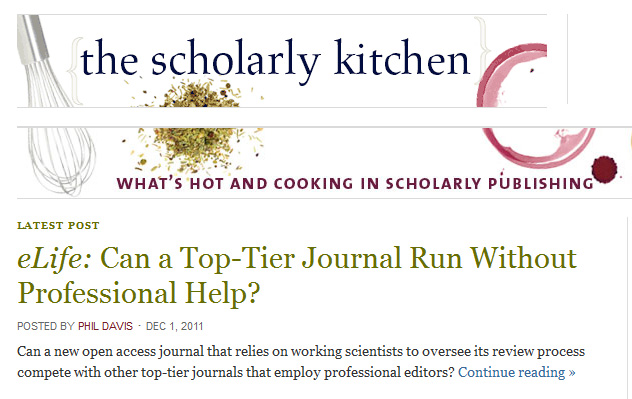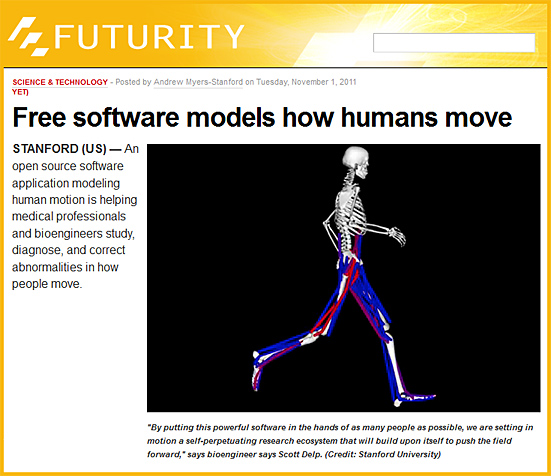Studying teacher moves — educationnext.org by Michael Goldstein
A practitioner’s take on what is blocking the research teachers need
Excerpt (emphasis DSC):
But there is almost nothing examining the thousands of moves teachers must decide on and execute every school day. Should I ask for raised hands, or cold-call? Should I give a warning or a detention? Do I require this student to attend my afterschool help session, or make it optional? Should I spend 10 minutes grading each five-paragraph essay, 20 minutes, or just not pay attention to time and work on each until it “feels” done?
…
My point is simply that relative to education policy research, there is very, very little rigorous research on teacher moves. Why? Gates knows it’s more than a lack of raw cash; it’s also about someone taking responsibility for this work. “Who thinks of it [empirical research on teachers] as their business?” he asked. “The 50 states don’t think of it that way, and schools of education are not about [this type of] research.”
I agree, but I contend there are a number of other barriers. The first is a lack of demand.
…
A second issue is that researchers don’t worry about teacher time. Education researchers often put forward strategies that make teachers’ lives harder, not easier. Have you ever tried to “differentiate instruction”? When policy experts give a lecture or speak publicly, do they create five different iterations for their varied audience? Probably not.









